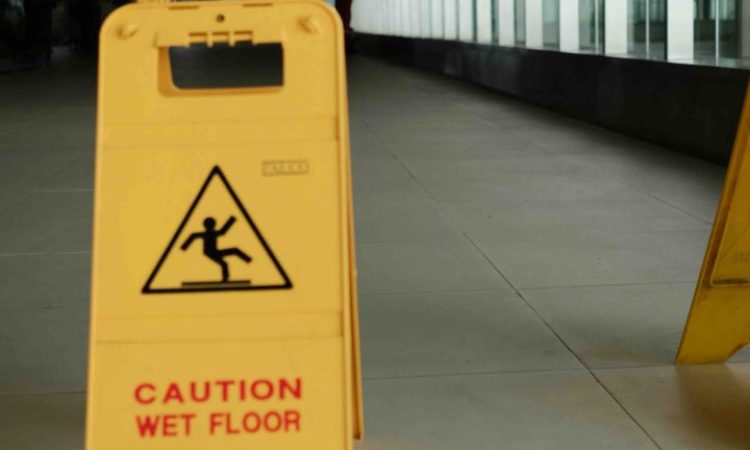Commercial Rent Arrears Recovery scheme
The Commercial Rent Arrears Recovery (CRAR) scheme came into force in April – and is the method by which commercial property landlords can recover rent arrears.
Under the CRAR scheme, commercial property landlords are able to instruct an CRAR registered enforcement agent (bailiff) to take control of their tenants goods and sell them to recover the shortfall in rent, where the sum of the debt exceeds 7 days rent.
CRAR is solely for commercial property, so if the property has a split use; for example a shop with a flat above it, CRAR can’t be used to recover rent arrears. CRAR is only available to landlords who have written leases of their commercial property and can only be used to the recover rent, VAT and interest.
As expected, the tenant must be given 7 working days notice regarding the the recovery of their goods and then a further 7 days notice of the sale of them – this time period can be shortened if there is a risk that the tenant will remove the goods before the end of the notice period. CRAR can be used to recover rent from sub-tenants – however this is subject to a 14 day notice period.
For more information regarding this or any other commercial property matters, please contact Tom Stendall or Natalie Bunce.
Request a CallbackRelated Articles
-

Putting Our Clients First: Personal Injury Support You Can Trust
At Hopkins Solicitors, we understand that being injured, whether at work, in a public place, or on someone else’s property,…
-

When Real Life Goes Wrong at Work
Staying Safe and Getting Justice Accidents at work remain a pressing legal and social issue in the UK. Despite decades…
-

Accidents at Work Your Right to Claim Compensation
Accidents at work happen far more often than many people realise. Every year, thousands of employees across the UK are…